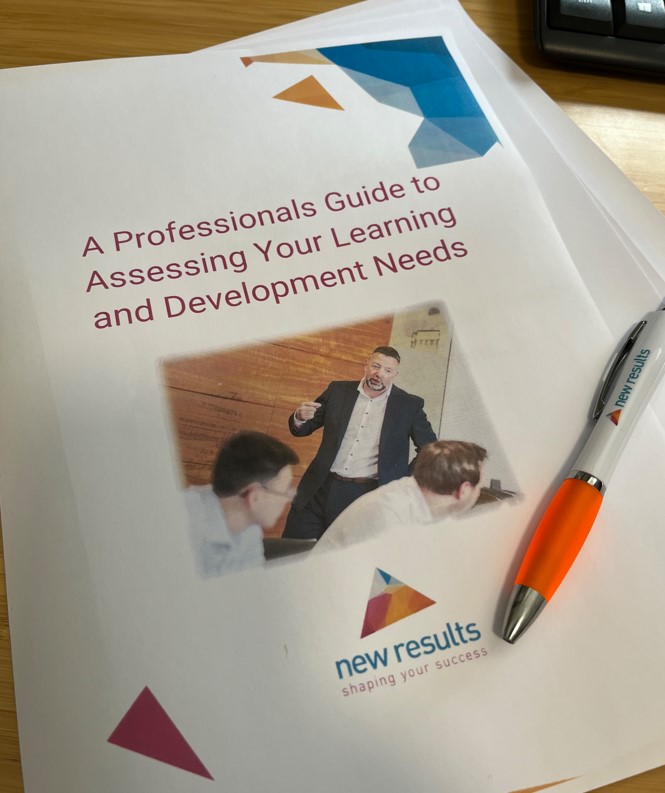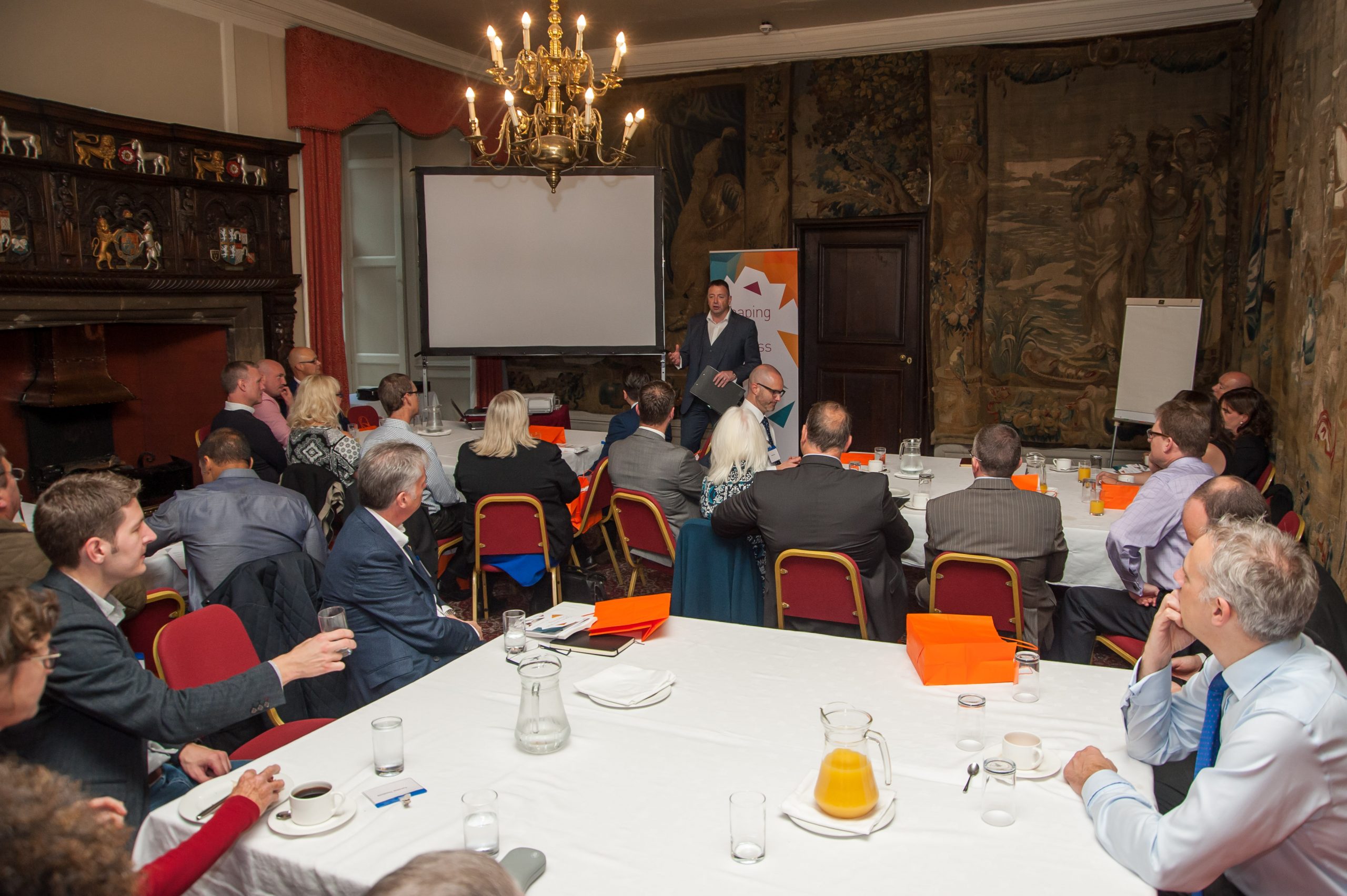Working with professionals like accountants, lawyers, bankers and consultants gives us a clear insight into personal development. We get involved in answering this question. When it comes to business development are skills or confidence more important to you and your team?
Often firms approach us thinking their training and development needs are more skills based. When you stop and think about business development and professionals, they have a strong set of transferable skills (especially around communications). With that in mind, why do we get asked to deliver training and development in this space?
We get asked because we blend our approach, tying together the skills, confidence and behavioural aspects of training in these areas.
Three simple things to consider when building your business development approach
If you think about this, the three factors that can help you achieve success in an area can be:
- Skills
- Confidence
- Your behaviour
A lot of programmes address the skills, providing you with the toolkit you need for a range of business development activities. If you don’t have the confidence to use these skills then your shiny new toolkit of skills may go unopened.
Confidence is an elusive an interesting topic in training and development. We can see one of your professional colleagues who is extremely confident in doing their day-to-day job in complex, fast paced high value commercial transactions. Put that same professional into a room to network with strangers or to present to their colleagues and you will see their confidence disappears faster than the wine at the same networking event!
So, the skills need to be in place and your team may need help with confidence in certain situations. This is especially true in certain key areas. New client meetings, networking, presentations, running meetings, giving feedback and having difficult conversations.
The behavioural aspects help you go one stage further. Discussing and helping your team to look at the behavioural aspects helps individuals identify needs. It shows them what they are doing and what they are avoiding. An honest conversation in this space can help individuals address their own development areas and recognise their own real skills and personal strengths.
Out of these discussions can come deep learning about how to apply the right mix of new skills. Confidence can be developed in areas that need to improve, as well as areas that are already good and can be developed further.
If I was pressed to say what was most important, I would be putting these key aspects in the following order:
- Behaviour
- Confidence
- Skills
The reason for ranking them in that way? Most people don’t recognise that a lot of the consequences they get in any context comes down to their own behaviour. To help behavioural change people often need confidence to step outside of their own comfort zones. Stepping out of comfort zones often requires new skills and tools to lean on.
So how will you answer the burning question? When it comes to business development are skills or confidence more important to you and your team?
Next time you and your colleagues are discussing training and development, personal development planning and growth strategies why not include behaviours, confidence and skills, you might just find the right development programme that works for you.










